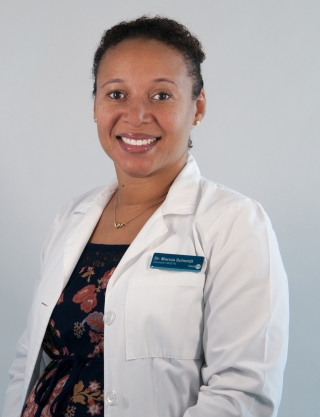Do fertility drugs cause breast, invasive ovarian and endometrial cancers?
Thursday, April 27, 2017
Infertility is defined as the inability to conceive a pregnancy after one year of unprotected intercourse (for couples over age 35, the time is reduced to 6 months). Dealing with the challenges of infertility can be very difficult for couples to face. Infertility can cause significant stress and anxiety in a relationship. The cause of infertility in a couple can be due to either the male partner, the female partner or it may never be identified. Regardless of the underlying cause, it is an issue that the couple faces together. Fortunately, with surgery, medications and assisted reproductive technologies many couples are able to overcome this obstacle and are able to become pregnant and realize their dreams of becoming parents.
Often while couples go thru the journey of fertility treatments they are plagued with the concern that the fertility drugs with all of the benefits will also cause cancer. Fertility drugs are often used in three ways: To suppress ovulation, to stimulate the ovaries to produce many eggs and to mature the eggs. The class of drug used to perform these actions are hormones.  These hormones also have an effect on tissues in the breast and other tissues in the female genital tract. These effects may be noted clinically by the patient in many ways including breast tenderness, pelvic pain, and vaginal discharge. It is important to note that these systemic effects do not mean that these drugs are causing long-term negative effects or cancers.
These hormones also have an effect on tissues in the breast and other tissues in the female genital tract. These effects may be noted clinically by the patient in many ways including breast tenderness, pelvic pain, and vaginal discharge. It is important to note that these systemic effects do not mean that these drugs are causing long-term negative effects or cancers.
A large body of research has been conducted to identify whether there is a causative relationship between fertility medications and breast/gynecologic cancers. In 2016, after reviewing all of the current data, The American Society for Reproductive Medicine issued a statement providing a guideline for patients. They reiterated that infertility is a known risk factor for developing breast, invasive ovarian and endometrial cancer. However, based on current data, there is no indication that the baseline risk of cancer with infertility is increased in those who undergo fertility treatment. There is some data to indicate that there may be an association with borderline tumors of the ovary and fertility drugs, but to date, there has been no specific drug identified.
Based on these findings patients can feel less anxious and proceed with their treatments without worrying about developing cancer. Due to their history of infertility, they should be counseled prior to undergoing fertility treatment that they should undergo cancer screenings. These evaluations should take into account all risk factors including age, family and personal history. The goal would be to identify any existing cancers prior to hormonal stimulation, which would possibly worsen undiagnosed cancer. In addition, diagnose disease prior to pregnancy to avoid having to undergo cancer treatment while pregnancy. After completing fertility treatment and childbearing, due to their increased risk of developing cancer, they should continue to undergo age-specific cancer screenings for a lifetime.
 By Dr. Marcia Schmidt
By Dr. Marcia Schmidt
Specialist OB/GYN









